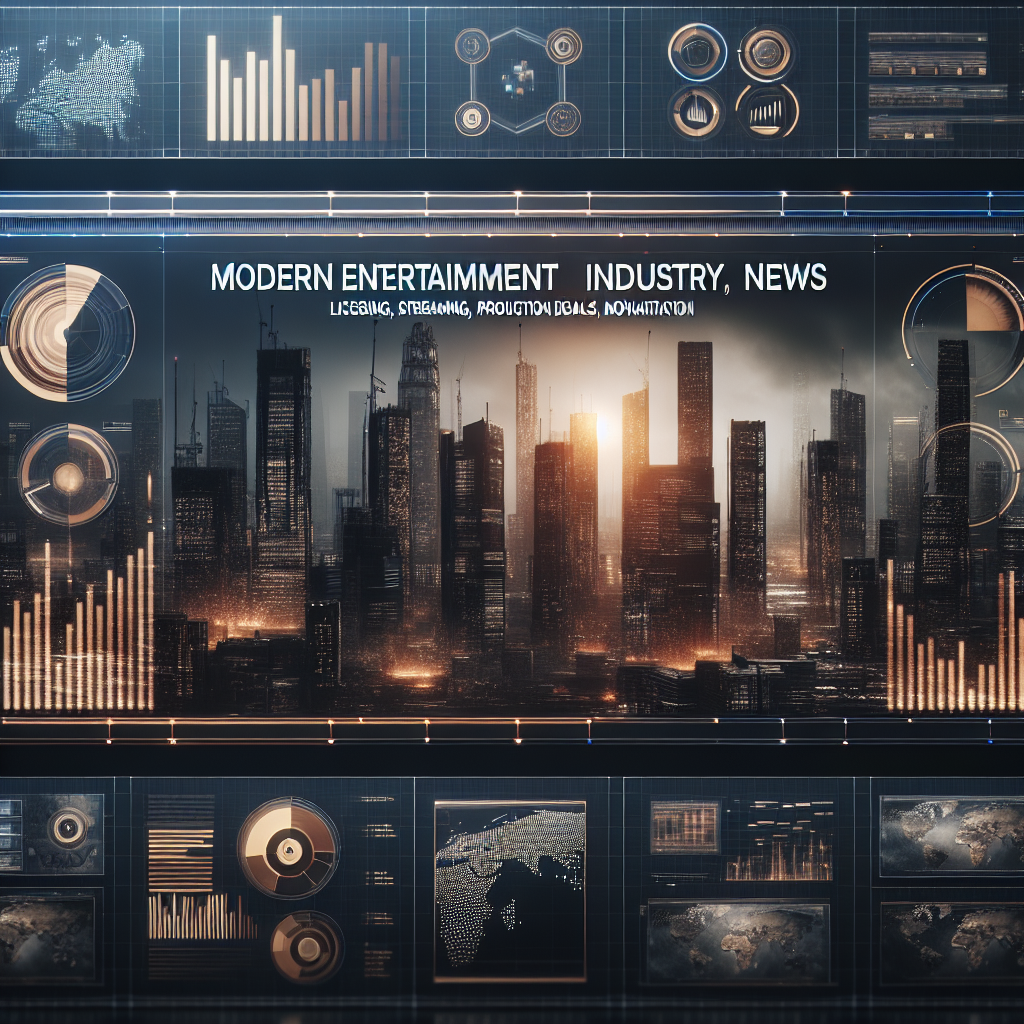Guillermo del Toro’s upcoming film ‘Frankenstein’ is set to redefine the classic tale for modern audiences in 2025. With a stellar cast and del Toro’s unique vision, this adaptation promises to deliver a haunting narrative rich in emotional depth and stunning visuals.
The classic story of Dr. Frankenstein and his creature is gearing up for a modern revival with Guillermo del Toro‘s highly anticipated film, Frankenstein, scheduled for release in 2025. This marks the acclaimed Mexican director’s thirteenth feature, as he adapts Mary Shelley‘s iconic 1818 novel, infusing it with a gothic and macabre flair that resonates with both traditional and contemporary audiences.
Similar to his previous work on Pinocchio, del Toro enriches Frankenstein with innovative themes, adding emotional depth and visual grandeur to the original tale. The film opens with an exhilarating sequence aboard a Danish ship trapped in ice, immediately immersing viewers in a complex exploration of identity, humanity, and the duality of creation and destruction.
Leading the cast is Oscar Isaac as Victor Frankenstein, who delivers a captivating performance that navigates the character’s troubled past and his obsessive quest to conquer mortality through the unnatural act of reanimation. Del Toro’s unique vision is evident throughout the film, with each shot meticulously crafted to convey meaning and complexity, making the cinematography a character in its own right.
The director’s attention to detail culminates in a film that not only tells a haunting story but also captivates audiences with its rich visuals and mesmerizing score. The second half of the film takes an unexpected turn as Jacob Elordi portrays the Monster, offering a poignant perspective that redefines traditional interpretations of his role, deepening the emotional core of the narrative.
This narrative shift fosters a greater understanding of humanity’s flaws, a theme that del Toro emphasizes as central to the human experience. This notion is echoed in the performance of David Bradley, who provides a wise counterpoint to the unfolding drama.
The cinematic experience of Frankenstein is marked by an exhilarating pace that keeps viewers engaged from start to finish, despite its nearly two-and-a-half-hour runtime. The film enriches its epic scope with a visceral exploration of consequences and the intertwined stories of creator and creation, culminating in a powerful statement about the nature of existence.
As a significant milestone in del Toro’s career, Frankenstein showcases his artistic evolution and storytelling prowess. The film’s stunning visuals, crafted by cinematographer Dan Laustsen, contribute to its uniquely enchanting aesthetic, which some may find unconventional yet refreshingly imaginative.
While this adaptation may not completely reinvent the wheel, it stands as the most impactful portrayal of the mythos surrounding Victor and the Monster, reaffirming del Toro’s status as one of the most distinctive voices in contemporary cinema. With excitement building for its release, del Toro’s Frankenstein promises to be a landmark achievement, inviting audiences to experience the magic of true cinematic artistry.
































